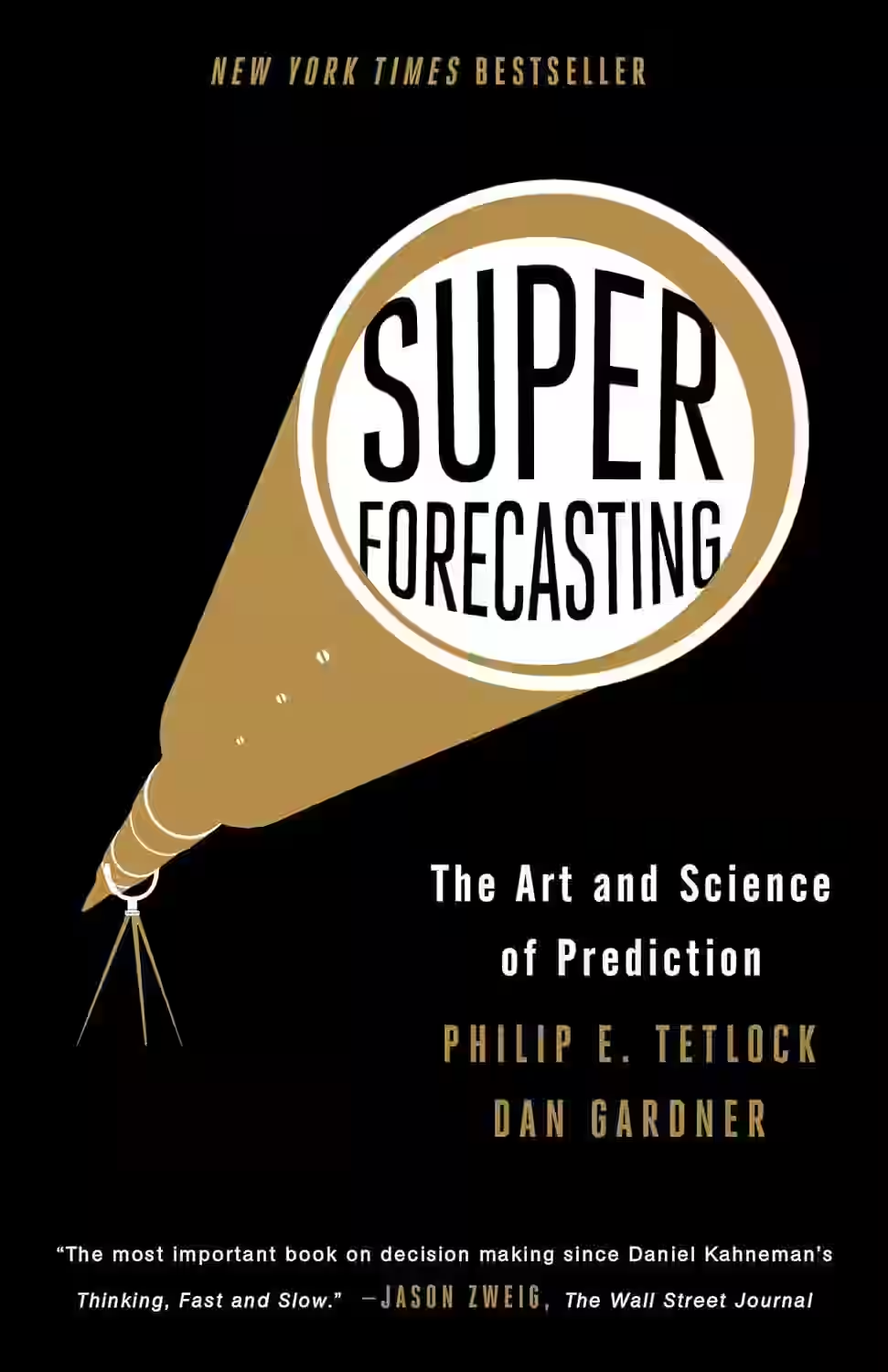
In 'Superforecasting: The Art and Science of Prediction' by Philip E. Tetlock, readers are taken on a fascinating journey into the world of forecasting and prediction. Tetlock delves into the techniques and strategies of 'superforecasters' - individuals with an exceptional ability to predict future events accurately. Through compelling anecdotes and research findings, the book explores the nuances of forecasting, emphasizing the importance of critical thinking, probabilistic reasoning, and constant learning. Tetlock's work challenges conventional wisdom on prediction and offers valuable insights applicable to a wide range of fields. It is a thought-provoking read that sheds light on the intricacies of decision-making and foresight.
About Philip E. Tetlock
Philip E. Tetlock is a prominent American psychologist and professor known for his extensive research on decision-making, political forecasting, and expert judgment. He obtained his Ph.D. in psychology from Yale University and currently serves as the Annenberg University Professor at the University of Pennsylvania. Tetlock gained widespread recognition for his groundbreaking book 'Superforecasting: The Art and Science of Prediction,' where he challenges traditional notions of forecasting and highlights the effectiveness of 'superforecasters.' His work has significantly influenced the fields of psychology, political science, and economics, inspiring readers and researchers to adopt a more nuanced approach to predicting future events.
About Dan Gardner
Dan Gardner is a Canadian journalist and author known for his work on psychology, risk perception, and forecasting. With a background in law and public policy, Gardner combines investigative journalism with behavioral science to make complex topics digestible. He co-authored Superforecasting with Philip Tetlock, which explores the skills and habits of individuals who can predict future events with remarkable accuracy. His earlier books, Risk and Future Babble, critique conventional wisdom and cognitive biases that skew human judgment. Gardner’s accessible style and rigorous research have earned him a reputation as a thought leader in decision-making and public understanding of uncertainty.
Similar Books
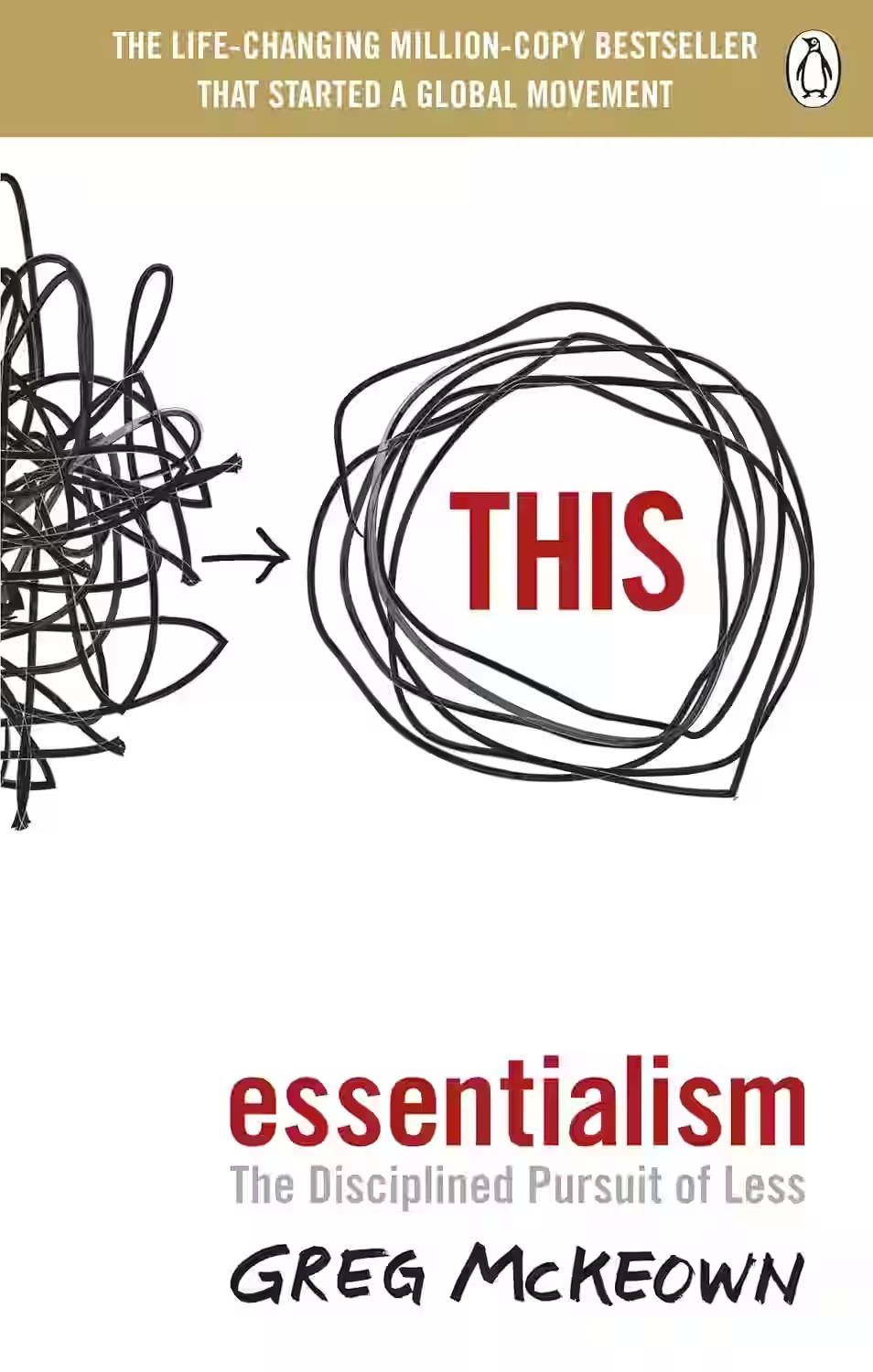
Essentialism: The Disciplined Pursuit of Less
by Greg McKeown
Essentialism is a manifesto for simplicity in an increasingly busy world. Greg McKeown advocates for doing less, but better—focusing only on what is truly important. He challenges the idea that we must do everything and instead teaches readers how to identify their highest priorities, eliminate non-essential tasks, and reclaim control of their time and energy. With practical tips and clear frameworks, the book empowers readers to make deliberate choices, say no more often, and live with intention. Essentialism is about creating space for what really matters—professionally and personally—by embracing the power of focus and clarity.
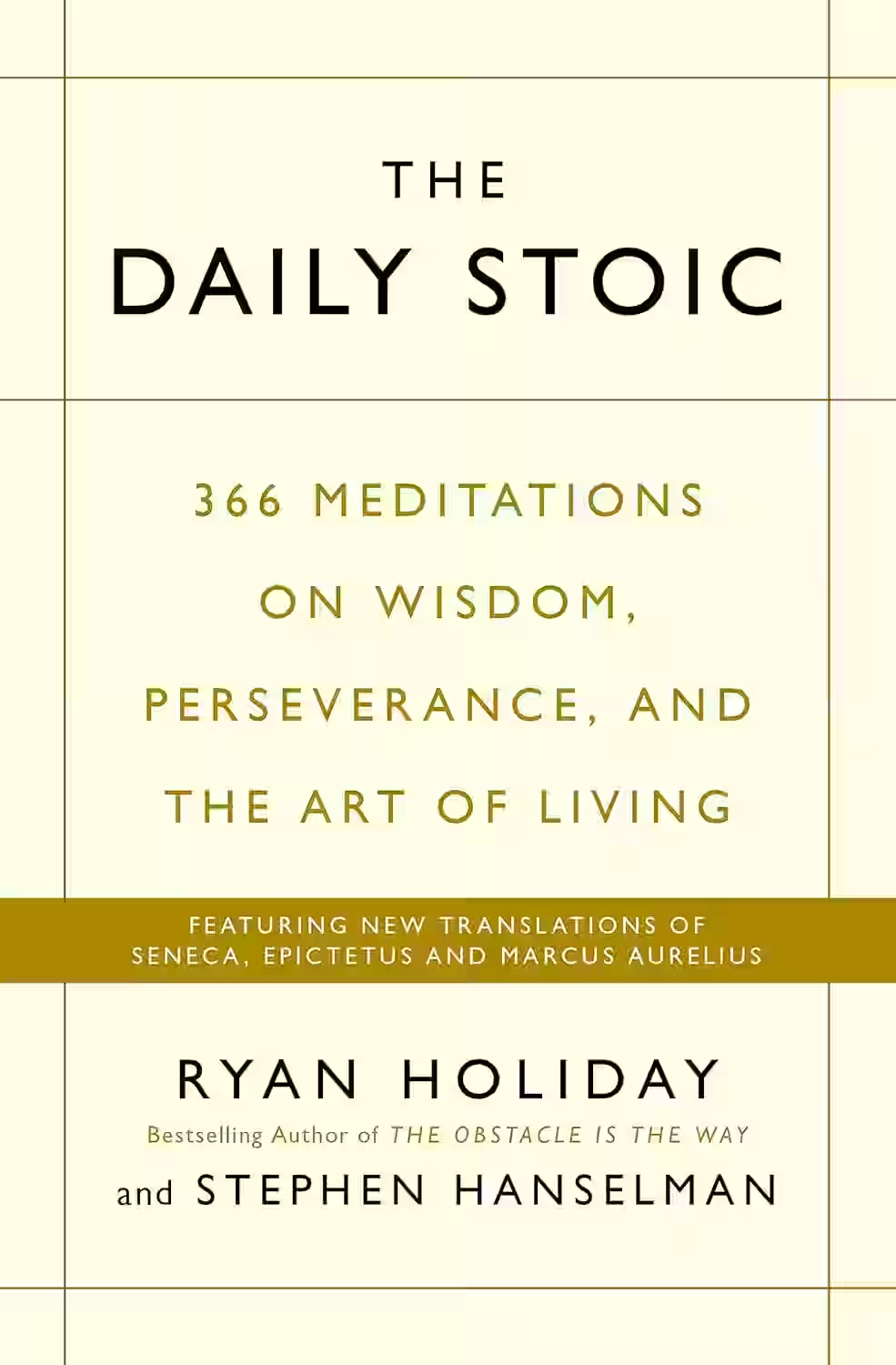
Daily Stoic
by Ryan Holiday
In 'Daily Stoic', Ryan Holiday offers a year-long journey into the wisdom of Stoicism, presenting readers with a daily meditation on topics like perseverance, self-control, and resilience. Each page provides insightful quotes from Stoic philosophers such as Epictetus and Seneca, coupled with Holiday's modern interpretations and actionable advice. The book encourages readers to reflect on timeless principles and apply them to their daily lives, fostering a mindset of clarity and purpose. 'Daily Stoic' serves as a practical guide for personal growth and philosophical introspection, making ancient wisdom accessible and relevant in the contemporary world.
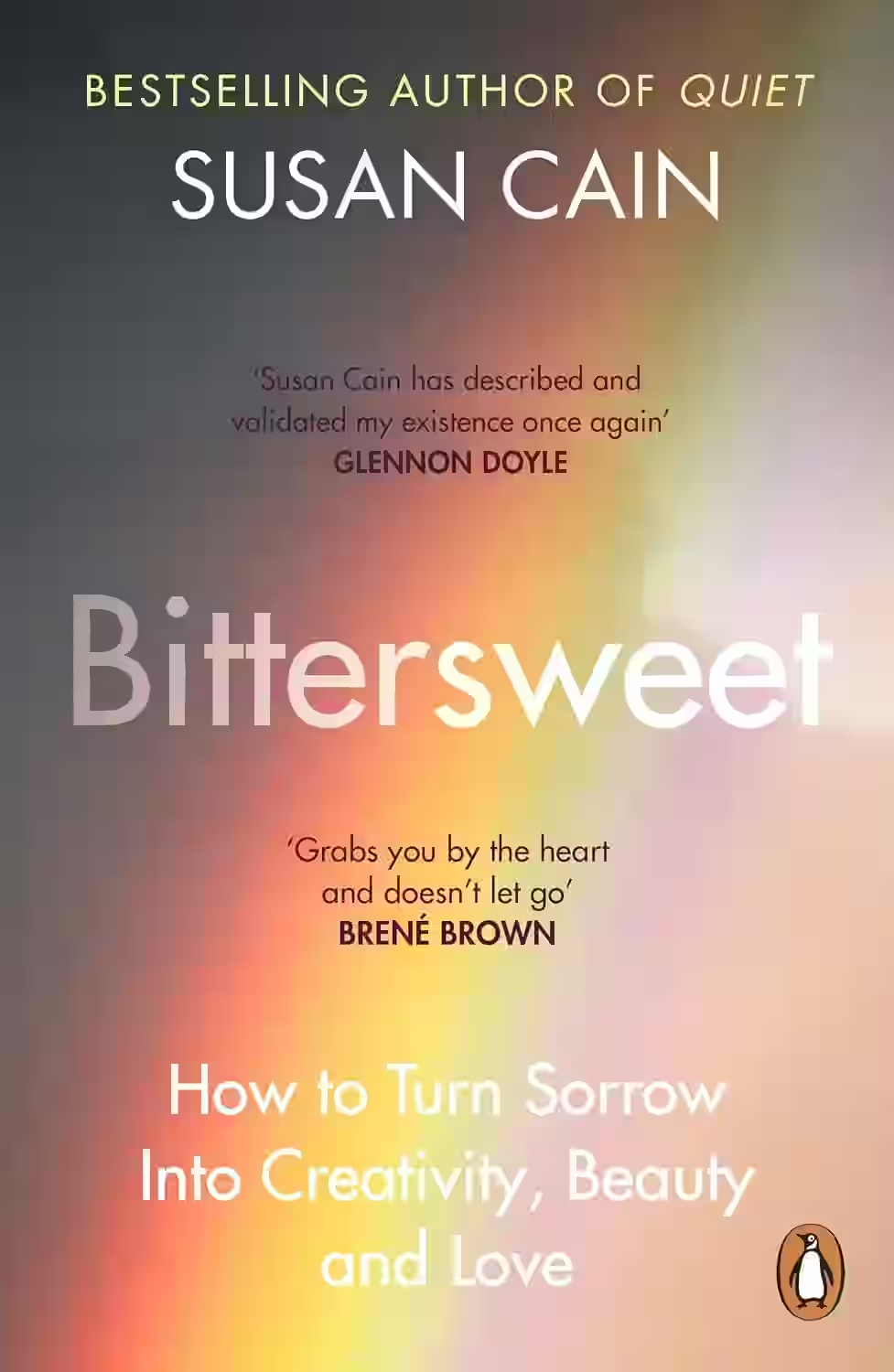
Bittersweet
by Susan Cain
In Bittersweet, Susan Cain examines the power of embracing sorrow and longing as essential aspects of the human experience. She argues that acknowledging and accepting these emotions can lead to greater creativity, connection, and fulfillment. Drawing on research and personal anecdotes, Cain challenges the cultural emphasis on constant positivity, advocating for a more nuanced understanding of happiness. The book offers a compelling perspective on the value of melancholy and its role in leading a meaningful life.
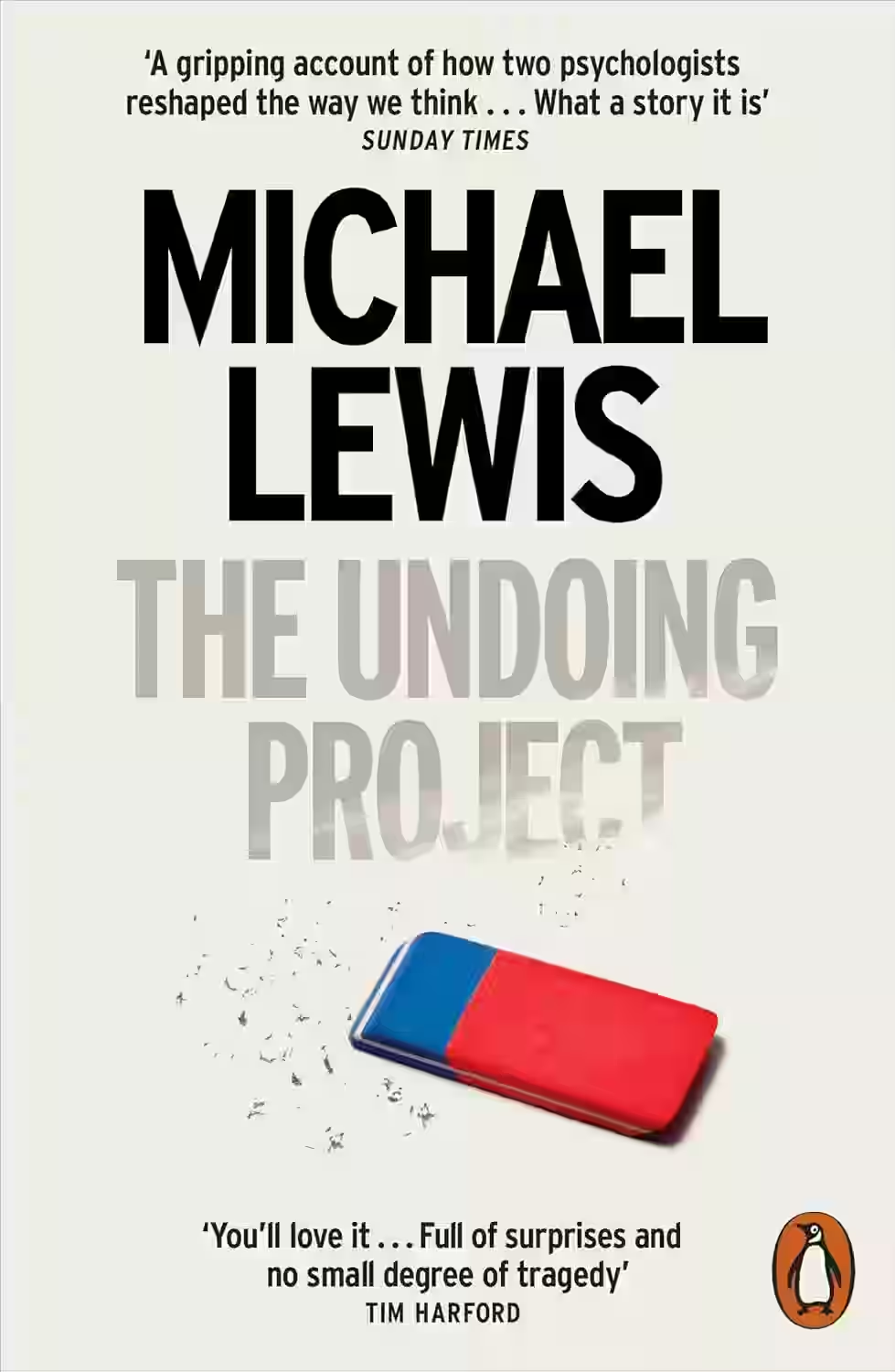
The Undoing Project
In 'The Undoing Project,' Michael Lewis delves into the fascinating partnership between psychologists Daniel Kahneman and Amos Tversky, whose groundbreaking work revolutionized cognitive psychology and our understanding of decision-making. Lewis skillfully weaves together their personal and professional lives, illustrating their complex bond and the significant impact their collaboration had on various fields, from economics to medicine. Through compelling storytelling, Lewis explores themes of human behavior, biases, and the unpredictability of the mind. This thought-provoking book challenges readers to reconsider their perceptions of rationality and offers profound insights into the intricacies of the human psyche.